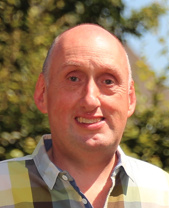 |
Giel Berden has been a staff scientist at the FELIX infrared free electron laser laboratory since 2001. He has over 30 years of experience in laser and optical technologies and in laser-based molecular spectroscopy. He has a broad interest, which has given him a highly diverse publication record across many fields. Current research interests within the field of analytical chemistry are in the development, understanding and applications of advanced Infrared ion spectroscopy methods on various mass spectrometry platforms. Contribution title: Infrared free electron lasers in (bio)analytical chemistry |
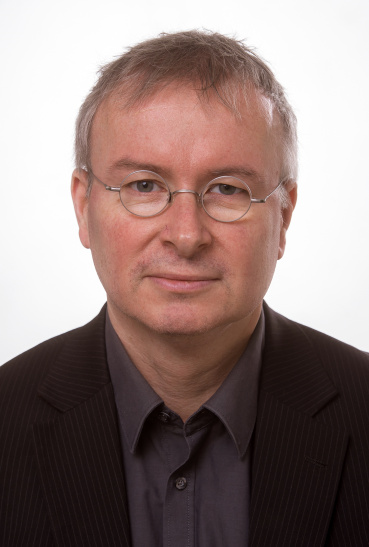 |
Michael Gensch obtained his Ph.D. degree in Physics from the Technische Universität Berlin in 2004. From 2005 to 2008 he worked as postdoctoral fellow at the Leibnitz Institute of Analytical Sciences (ISAS/Berlin) and Deutsches Elektronen Synchrotron (DESY/Hamburg). During his time at DESY he designed and constructed the superradiant THz beamline at the XUV FEL FLASH and was responsible for the THz diagnostics for the first pilot THz pump XUV probe experiments at FLASH. In 2009 he became staff scientist at the Helmholtz-Zentrum Berlin and worked at the infrared synchrotron beamline IRIS. He joined the Helmholtz-Zentrum Dresden-Rossendorf (HZDR/Dresden) as project leader for the development of the superradiant Terahertz facility TELBE in 2010. In 2015 he became group leader at the Institute of Radiation Physics for “High-Field Terahertz-Driven Phenomena”. In 2019 he was appointed as Professor at the Technische Universität Berlin and simultaneously became head of the department of Terahertz and Laser Spectroscopy at the DLR (German Aerospace Center) Institute of Optical Sensor Systems in Berlin. His research interests include Terahertz spectroscopy, ultrafast phenomena, instrumentation development and 2D materials. Contribution title: Superradiant Terahertz facilities for high field Terahertz Science – the first 2 decades |
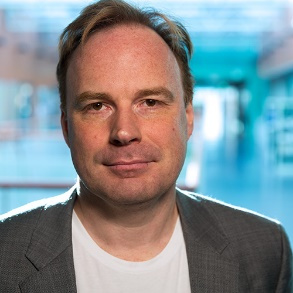 |
Aleksei Kimel is in an expert in the area of ultrafast spectroscopy of condensed matter with an emphasis on magnetism and ultrafast magnetization dynamics. He is actively involved in the development of novel approaches for ultrafast and energy efficient magnetic recording with light, manipulation, control and detection of spin waves and spin currents in the THz spectral range (THz magnonics and THz spintronics). Contribution title: Ultrafast (THz) magnetism: terra incognita beyond conventional approximations |
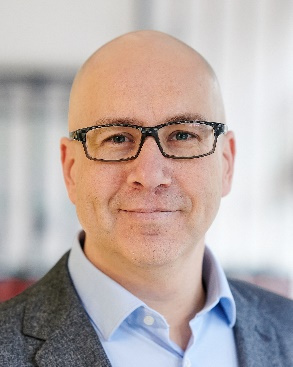 |
Martin Mittendorff studied photonics and image processing at the University of Applied Sciences in Darmstadt, where he received his degree (Dipl. Ing. (FH)) in 2010. From 2010 to 2014, he worked on his Ph.D. studies on carrier dynamics in graphene at the Helmholtz-Zentrum Dresden-Rossendorf and received his Ph.D. in 2014 from the Technical University Dresden. He then joined the Institute for Research in Electronics and Applied Physics at the University of Maryland to investigate black phosphorus and graphene. In 2018, he joined the University of Duisburg-Essen, where he was appointed professor in 2019. His research interest include time-resolved THz spectroscopy of 2D materials, 2D heterostructures and related materials. Contribution title: Graphene plasmonics: THz nonlinearities beyond thermal effects |
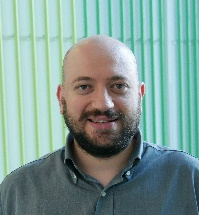 |
Fabio Novelli received his PhD in experimental nonlinear optics and condensed matter Physics in 2013 from the University of Trieste and Elettra synchrotron, under the guidance of Prof. F. Parmigiani and Prof. D. Fausti. From 2014 to 2016 he worked on multidimensional coherence effects in light-harvesting proteins as a postdoctoral fellow, with Prof. J. Davis at the Centre for Quantum and Optical Science at Swinburne University, Melbourne. Since 2017, he has been investigating aqueous solutions with Terahertz techniques as a postdoctoral fellow at the Department of Physical Chemistry of the Ruhr-University Bochum, Germany, with Prof. Martina Havenith. His research interests focus on the picosecond dynamics of complex systems, ranging from strongly correlated solids to hydrogen-bonding liquids and the solvation of macromolecules. Contribution title: Nonlinear terahertz spectroscopy on liquid water |
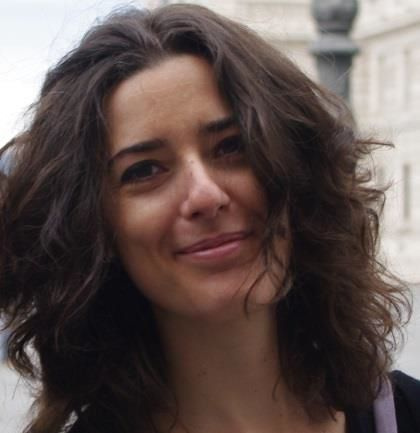 |
Paola Di Pietro graduated in Physics in 2009 at Sapienza University of Rome, Italy. She then joined the group of Prof. Calvani and Prof. Lupi in the same University, as a PhD student. In 2012 she received her PhD degree and she moved to Elettra Synchrotron in Trieste (Italy) for a postdoctoral fellowship, supervised by Dr. Andrea Perucchi and related to the TeraFERMI project. Since 2018 she has been Beamline Scientist at TeraFERMI, where she carries out her research, mainly based on nonlinear properties of Topological Insulators. Contribution title: Nonlinear ultrafast studies at TeraFERMI beamline |
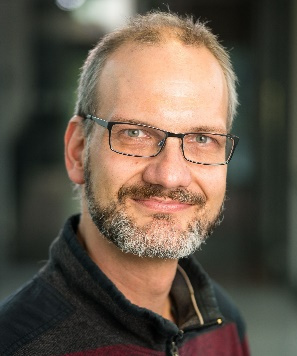 |
Stephan Winnerl received the Diploma and Ph.D. degrees in physics from the University of Regensburg, Germany, in 1996 and 1999, respectively. He was with the Forschungszentrum Jülich, as a postdoctoral member for two and a half years. Since 2002, he has worked at Helmholtz-Zentrum Dresden-Rossendorf (HZDR, formerly Forschungszentrum Dresden-Rossendorf), Dresden, Germany. There, he became HZDR Research Fellow in 2014 and department head for spectroscopy in 2021. His research interests include ultrafast and non-linear spectroscopy of semiconductor quantum structures and two-dimensional materials, in particular in the THz frequency range. Furthermore, he develops emitters and fast detectors for THz radiation. Contribution title: Auger scattering in massless Dirac and Kane materials |
Invited speakers list will be extended soon.
